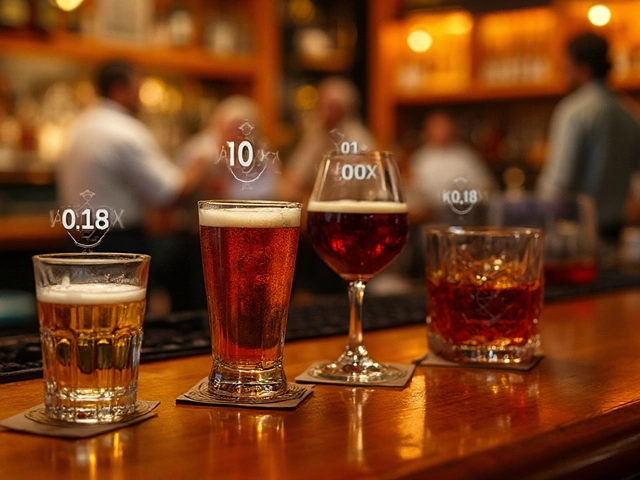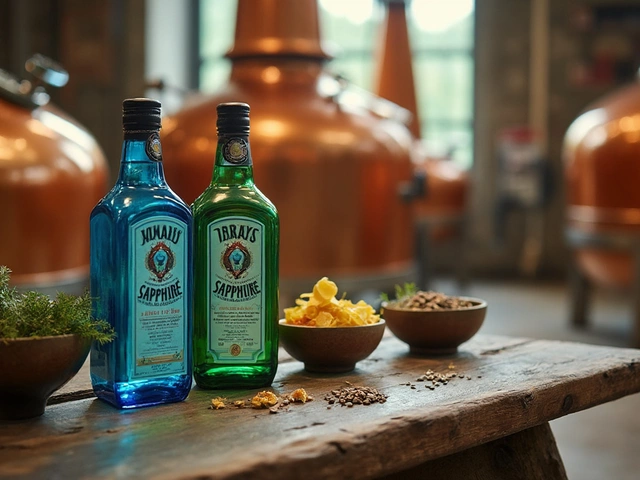Baijiu Facts: Everything You Need to Know
Did you know the world’s strongest spirit is a Chinese liquor that most Western drinkers haven’t heard of? Baijiu, which means “white spirit,” packs 40‑60% alcohol and has been part of China’s celebrations for centuries. If you’re curious about its taste, history, and how to enjoy it, you’re in the right place.
What Is Baijiu?
Baijiu is a distilled grain spirit made from sorghum, rice, wheat, or corn. The grain is fermented with a special starter called “qu,” a mix of yeast, bacteria, and molds that gives baijiu its funky aroma. After fermentation, the mash is distilled and often aged in large earthen jars or steel tanks. The result is a clear, potent drink with flavor notes that range from sweet and fruity to earthy and smoky.
There are four main baijiu families: sauce‑aroma (like the famous Moutai), strong‑aroma, light‑aroma, and rice‑aroma. Sauce‑aroma baijiu is thick, umami‑rich, and a staple at official banquets. Strong‑aroma varieties are bold, peppery, and popular in the north. Light‑aroma baijiu is smoother and often served with meals, while rice‑aroma is milder and common in the south.
How to Drink Baijiu
Most Chinese gatherings serve baijiu in small ceramic or glass cups. The traditional way is to pour a little for yourself, then offer a cup to each guest. When you’re invited to drink, lift the cup with both hands, nod, and say “ganbei” (cheers). You usually take the sip in one go—no sipping slowly.
If the strong aroma feels overwhelming, try mixing baijiu with a splash of juice or a light cocktail. A simple “baijiu sour” uses baijiu, lemon juice, and a touch of sugar for a fresher taste. But many purists recommend drinking it neat, especially the premium sauce‑aroma styles, to fully appreciate the complexity.
Food pairing matters, too. Light‑aroma baijiu goes well with seafood and light dishes, while strong‑aroma matches fatty meats and spicy Sichuan food. The high alcohol content also helps cut through rich flavors, making it a good match for hot pots and barbecues.
Baijiu isn’t just a drink; it’s a cultural symbol. It shows up in weddings, business deals, and festivals as a sign of respect and good luck. Knowing a few basic facts—its grain base, the qu starter, the four aroma families, and the proper toast—will help you feel confident the next time you see a bottle on the table.
So next time you hear “baijiu,” you’ll know it’s more than just a strong liquor. It’s a piece of Chinese history that’s finally making its way onto the global stage. Grab a small cup, raise it, and enjoy the adventure.
Everyone thinks vodka and whiskey rule the world, but the true champion in the spirits game is something you might not even have heard of: baijiu. This article uncovers how baijiu, a Chinese spirit, blows its competition out of the water in terms of sales and how culture and tradition play a big role. Get the lowdown on what makes a spirit popular worldwide, what baijiu actually tastes like, and surprising trends you’ll want to know before your next tasting event. Whether you’re a curious sipper or a seasoned taster, you’ll find tips for experiencing the most drank spirit first-hand.
View Details

